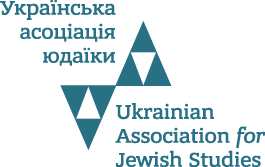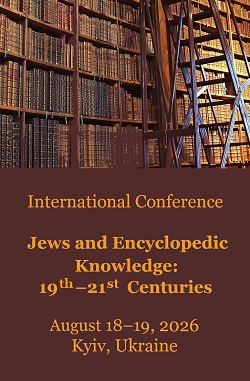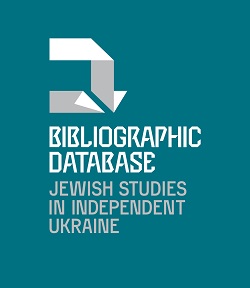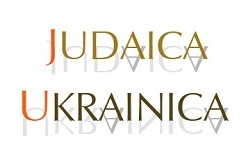2023-08-28
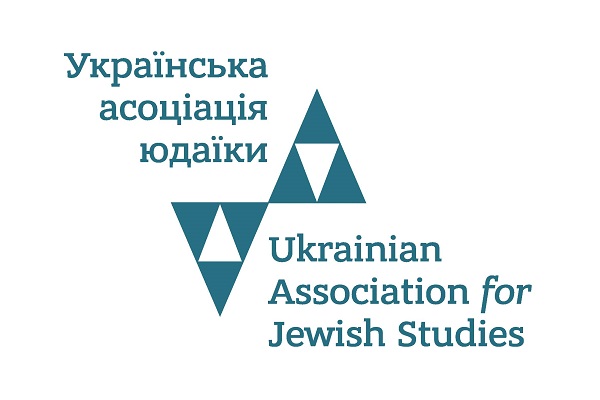
On the Illegal Jewish Monuments’ Removal
and Trafficking from Ukraine and their
exhibiting in a Moscow Museum
It has come to light that the Museum of Jewish History in Russia (Moscow) has included in its collection stolen objects from two historic synagogues in Ukraine: the carved wooden doors from the 18th-century Great Synagogue in Chortkiv and the stone inscription from the 17th-century Great Synagogue in Pidhaitsi.
Both items were part of an exhibition from December 2017 “In Defiance of Oblivion: In Memory of the Destroyed Synagogues of Eastern Europe”. The doors were also displayed in a 2020 exhibition “A Challenge to Oblivion: Restoration,” presenting the museum’s work in “the saving and preservation of unique examples of the Jewish cultural and artistic heritage”.
The museum’s curators, Boris Khaimovich and Hillel Kazovsky, stated that the museum purchased the pieces and brought them to the museum from Ukraine as a measure to rescue the items from neglected synagogues buildings: “Long-term expeditions to different regions of the former Soviet republics have convinced us that Jewish monuments are still being destroyed, as they were during the years of Soviet power, local authorities, at best, treat them with complete indifference. Therefore, we saw our task in saving the monuments of the material culture of Eastern European Jewry that miraculously survived and are on the verge of extinction,” they wrote.
The stone inscription itself may have been 'salvaged', but those who removed it from the entranceway inadvertently damaged the ornate carvings and undermined the structural integrity of the building. Removing the doors in the Chortkiv synagogue also caused damage.
Both synagogues are under Ukrainian state's legal protection since the Pidhaitsi synagogue is a monument of national importance (reg. no. 1559) and Chortkiv synagogue is a monument of local importance (reg. no. 1742).
Scholars specializing in Ukrainian Jewish studies and heritage, along with museum experts, activists, media, and Jewish community representatives, are convinced that the Chortkiv doors and Pidhaitsi carving currently housed in the museum were acquired through outright criminal theft. This kind of appropriation of property is emblematic of Russian neo-imperialism, as well as Russia's attempts to claim ownership over a Ukrainian Jewish cultural legacy. This incident also prompts discussions on matters of origin, collecting practices, safeguarding heritage, and accountability concerning involvement in the unlawful trade and trafficking of antiquities.
We firmly condemn the illegal and vandalistic removal of these items as a crime. Many of our colleagues who are dedicated Jewish studies scholars, experts in Jewish heritage, and museum specialists currently have to postpone their work and defend our home as soldiers. The Russian Federation is destroying Ukrainian cities, facilities, museums, and Holocaust memorial sites with rockets and bombs. On the occupied territories Russian soldiers and "museum specialists" are looting Ukrainian museums that have artifacts of Ukrainian, Jewish, Polish, Russian, Crimean Tatars, Greeks and many other ethnic groups. No matter what noble goals the employees of the Jewish Museum in Moscow associate with the display of illegally acquired artifacts from Ukrainian synagogues, we must bitterly admit that this is part and parcel of the above actions, and that it represents disrespect for Ukrainian sovereignty, laws and Ukraine's academic and cultural community. These artifacts were saved not for the Jewish Ukrainian culture and our descendants, who will never see them in their historical place, as confirmation of the long Jewish presence on these lands, but for a private museum located in the aggressor state. These monuments and artifacts are also the only memory of Jewish communities that perished during the Holocaust. They have been brutally distorted. Ukrainians, including Ukrainian Jews, i.e., the descendants of these monuments’ creators and those descendants of Holocaust survivors who currently live in Ukraine, will not see them again.
We are confident that this act of vandalism by the Jewish Museum in Moscow goes against the International Council of Museums’ professional and ethical standards. We also believe that the international community should join us in condemning this act committed by the Jewish museum in Moscow. We ask you to publicly express your assessment of this.
